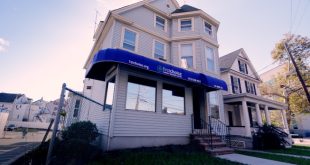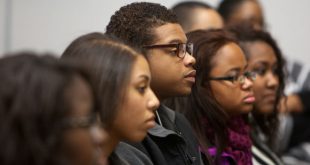Chike Uzuegbunam wanted to share the Gospel at his school, Georgia Gwinnett College, in 2016.
The first time he spoke on campus, the school shut him down and told him to follow restrictions. Uzuegbunam complied with requirements. He reserved a time, had the materials approved, and remained in certain locations limited to 18 hours per week.
Uzuegbunam began handing out pamphlets. But once he started speaking, campus police approached him, took his ID card, and told him to stop because someone complained.
Uzuegbunam filed a lawsuit, seeking an injunction and nominal damages. The school changed its restrictive policy and said the injunction request was moot. But Uzuegbunam wanted justice — and damages.
Two lower courts ruled against him, but in 2022, the U.S. Supreme Court ruled 8-1 that he could seek damages.
The lone dissenter was Chief Justice John Roberts, who said the issue of damages was moot because Uzuegbunam no longer attended the school and never alleged actual damages.
Uzuegbunam spoke at the Presidential Religious Liberty Commission on September 8.
Despite his victory at the highest court in the land, Uzuegbunam said that “we still have work to do. Many students today feel pressure to remain silent about their faith. Many are afraid of being labeled, canceled, or punished—simply for speaking truth in love.”
Listen to his full remarks below.
Do you like this post? Sign up for more!
 CURE News and Clergy Blog News and Commentary for Christians
CURE News and Clergy Blog News and Commentary for Christians



